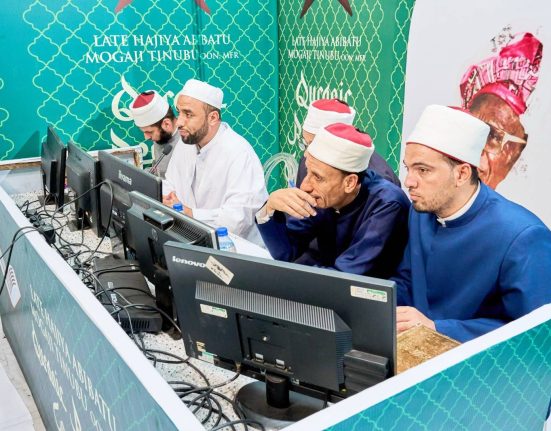Lagos, Nigeria – Islamic scholars and legal experts have urged Muslims to prioritize Shari’ah-compliant estate planning as both religious obligation and practical necessity during a quarterly Da’wah workshop organized by the Lekki Muslim Ummah (LEMU) on Sunday.
Held at the Lekki Central Mosque Complex, the event featured presentations on Islamic inheritance laws, trust creation, and asset management, drawing Islamic scholars, financial experts, and community members.
Sheikh Ridwan Jamiu, Chief Imam of Lekki Central Mosque, delivered a keynote address emphasizing estate planning as a divine mandate. Quoting Quranic verses and Prophetic traditions, he warned: “No Muslim with assets should sleep two nights without writing a will. Death comes unexpectedly – we must prepare.”
The cleric outlined four key Islamic estate tools:
1. Wasiyyah (Will): Maximum one-third discretionary allocation
2. Hibah (Lifetime Gifts): Permissible inter vivos transfers
3. Waqf (Endowment): Perpetual trusts for public/private benefit
4. Takaful: Shari’ah-compliant insurance alternative
Legal expert Lateef Omoyemi Akangbe SAN advocated trusts over wills, citing protracted inheritance disputes among wealthy Nigerians. “The more assets involved, the fiercer the family battles. Proper trusts prevent this,” he noted.
A panel session addressed practical concerns:
– On including non-heirs: “Wills allow generosity beyond fixed shares” – Dr. Ridwan Oguntade (AVA Trustees)
– Trust vs Waqf: “Waqf is perpetual; conventional trusts have expiry dates” – Adeseewo Agunbiade (UTL Trust)
– Complementarity: “Use both wills and trusts for comprehensive planning” – Mustakeem Thanni (Marble Capital)
Attendees described the workshop as “a wake-up call,” with many committing to formalize their estate plans. LEMU announced follow-up sessions to assist community members implement the guidance.
The event highlighted growing Muslim middle-class attention to structured wealth preservation amid Nigeria’s evolving inheritance dispute landscape. Experts stressed that proper Islamic estate planning prevents family conflicts while fulfilling religious obligations.



